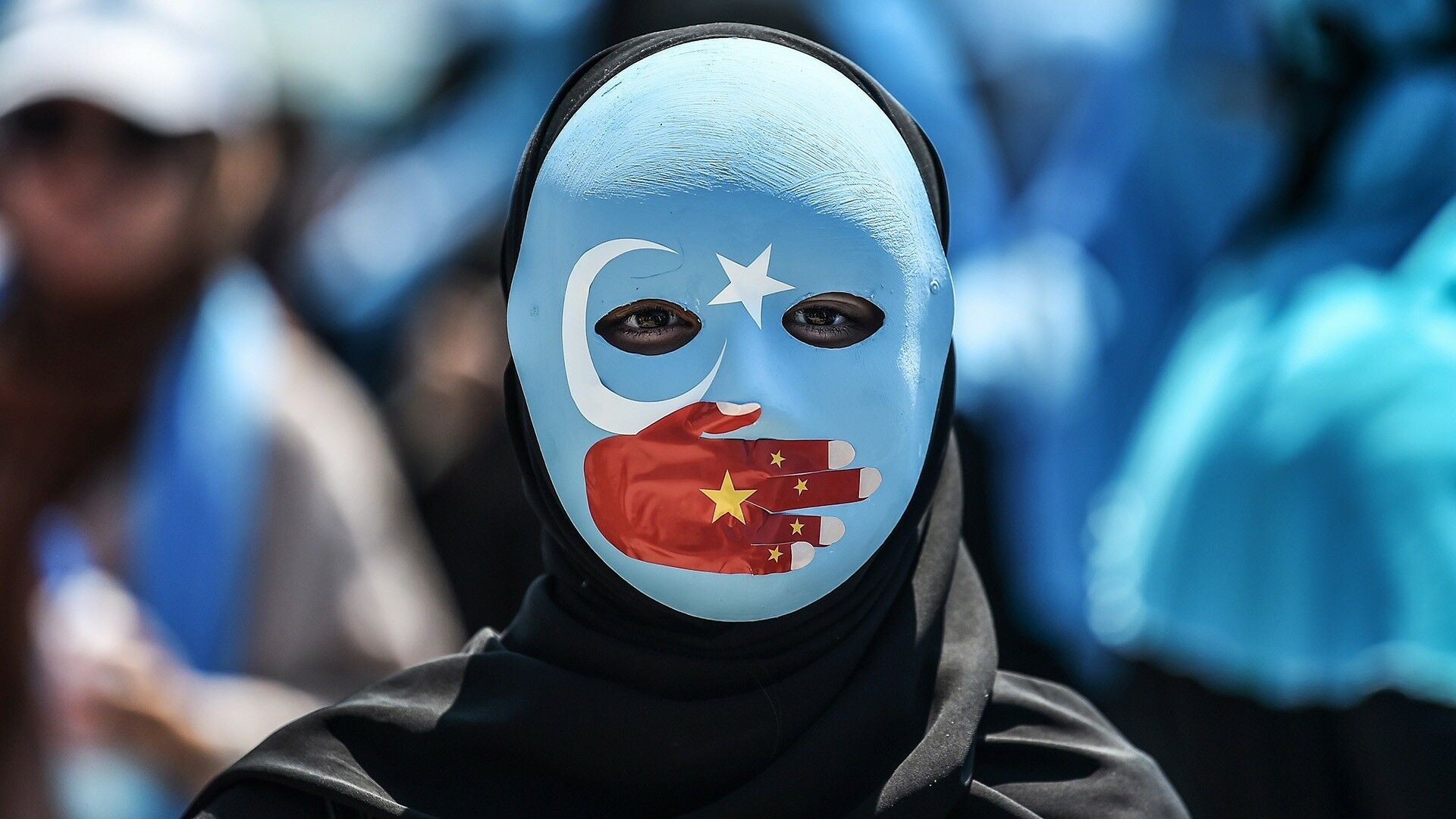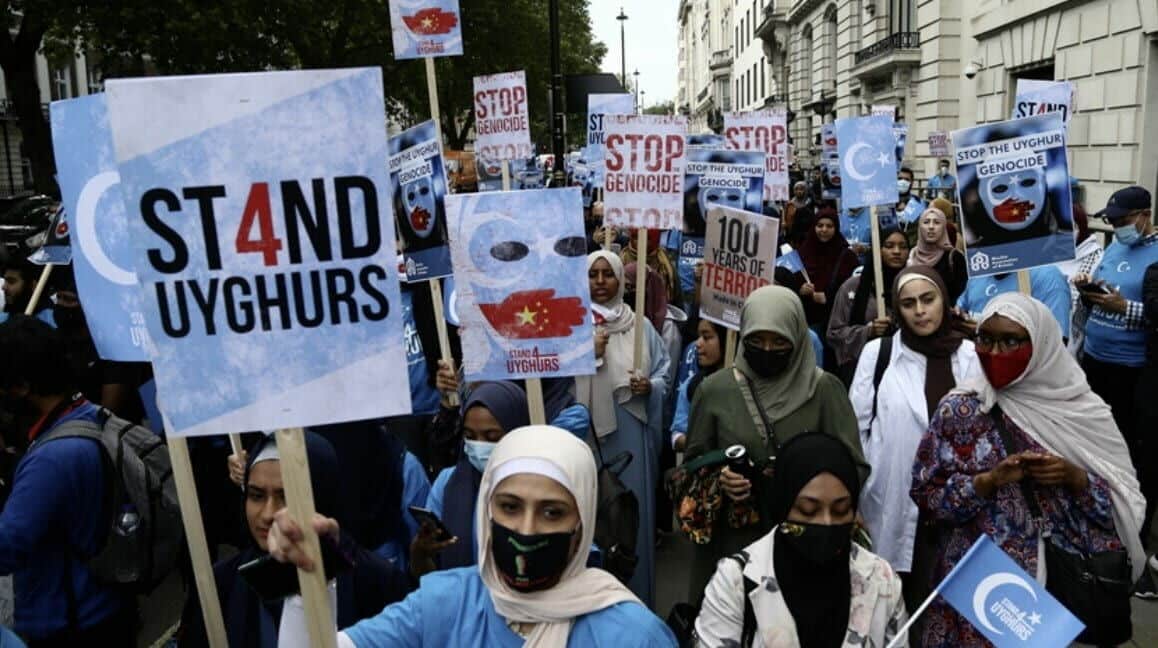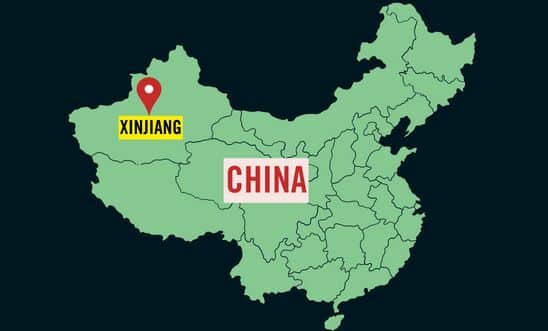Thailand allegedly snubbed US, Canada, Oz, Uyghur asylum offers

Thailand snubbed asylum offers, from the US, Canada, and Australia, and deported 48 ethnic Uyghurs to China, according to Reuters. The move comes despite a decade-long detention limbo and impassioned calls from UN human rights experts for the Uyghurs’ safety.
The Government of Thailand staunchly defended the deportation, asserting it was carried out in line with their legal and human rights commitments. Yet human rights groups have long accused China of mistreating Uyghurs, a mostly Muslim ethnic group with deep historical roots in Xinjiang, numbering around 10 million.
Deputy Prime Minister Phumtham Wechayachai, however, denied the US, Canada or Austraila put any concrete offers was on the table to resettle the 48 detainees.
“We waited for more than 10 years, and I have spoken to many major countries, but no one told me for certain.”
An American official from the State Department, who wished to remain anonymous, disclosed that the US had persistently worked with Thailand to prevent this predicament.
Meanwhile, Canadian and Australian insiders revealed that they, too, had extended asylum offers for the Uyghurs, which have, until now, remained under wraps. Yet Thailand’s fear of igniting a diplomatic spat with China kept these proposals on the back burner.

The silence from Thailand and China’s foreign ministries has been deafening, while Canada’s immigration department has opted to keep mum on the specifics. Although Australia’s Foreign Minister, Penny Wong, expressed strong disapproval of Thailand’s decision, indicating the ripple effect this might cause.
China’s Bangkok embassy curiously described the deportees as 40 “illegal migrants,” who finally reunited with families after more than a decade of separation. Yet five Uyghurs remain behind Thai bars due to ongoing legal issues, leaving the fate of the remaining three shrouded in mystery.
Former Thai ambassador Pisan Manawapat admitted that multiple countries approached Thailand with resettlement options, but he withheld their names, citing China-relations as a determining factor.
“We didn’t want to upset China.”
Tensions simmer as China remains Thailand’s largest trade partner, entwining the two nations in tight-knit economic ties.
Deputy Premier Phumtham noted that deportation plans hinged on Beijing’s assurances, allowing Thai officials to monitor the Uyghurs’ welfare post-return.

Yet, the UN human rights experts had flagged fears of torture and “irreparable harm,” issuing sharp criticism on the deportation.
The UN’s refugee agency lamented its lack of access to the Uyghurs as a roadblock to processing their asylum claims, trapping them in a detention quagmire.
To provide some historical context to those who know little about the Uyghurs in Xinjiang, the area was officially designated as an autonomous region in 1955, theoretically allowing for a degree of self-governance.
In practice, however, control remained firmly in the hands of the central government. Since the 1990s, large-scale economic development initiatives have brought significant infrastructure growth to the region. However, these efforts have also led to increased migration of Han Chinese settlers, contributing to cultural tensions between local Uyghur communities and the authorities.
The region has experienced periodic unrest, most notably the Urumqi Riots of 2009, which resulted in considerable casualties and a forceful government crackdown.
In recent years, the Chinese government has introduced counterterrorism measures in Xinjiang, arguing that these policies are necessary to combat extremism and maintain stability. However, such actions have been met with international scrutiny, with various organisations expressing concern over alleged human rights violations.
The Chinese government continues to assert that its policies in Xinjiang are designed to curb extremism while fostering economic progress. It firmly denies accusations of genocide, dismissing them as politically motivated and lacking credible evidence.

Latest Thailand News
Follow The Thaiger on Google News:


























